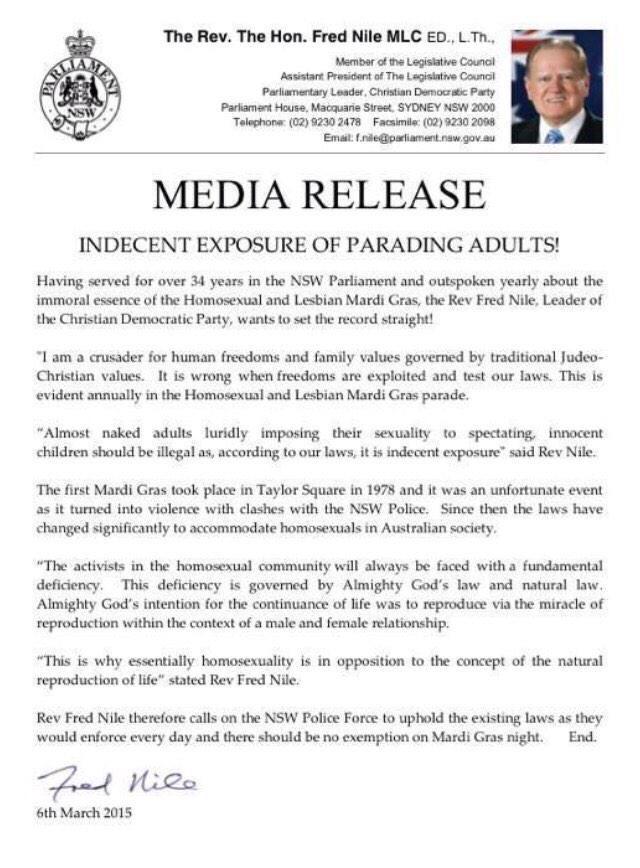Real estate is a rort in this country essentially.
No government is going to do anything to threaten, in any real way, the upward inflation on house prices.
The banks are in on it. The real estate industry. Unions.
Can you imagine someone even suggesting removing negative gearing from a srs political party?
Just look at what the mining industry did when the government dared to suggest that more of the profits should go back to the country. Imagine that times 100.
http://www.abc.net.au/news/2014-06-30/australian-banks-most-profitable-but-still-vulnerable/5559960
The most profitable banks in the world.
Its a huge gravy train, and its only getting worse.
Given the Government's refusal to conduct an inquiry into the scandal-plagued sector, despite almost daily revelations of fraud and misconduct, the omission is hardly surprising.
Our pool of national savings has grown to more than $1.8 trillion. But the fees being gouged out of the system are obscene. It is a system designed for the benefit of those who manage the money rather than the beneficiaries.
"Wealth management" has become a booming industry for the nation's big banks and AMP. Not surprisingly.
Three years ago, research firm Rainmaker estimated more than $17 billion was skimmed off the top of the super pool in fees. That was in a year when about $135 billion flowed in from workers' salaries and when the total pool was about $1.4 trillion.
The following year, the fee grab jumped to $21.6 billion. Last year's haul is expected to be another motza.
According to the Grattan Institute, Australians pay among the highest fees in the developed world. Our money managers charge fees that are three times higher than the median for developed countries.
And the cost of running our funds has soared, even as the funds have expanded, for they simply charge a percentage of funds under management. That means the fee grab is enormous, even when performance is abysmal.
The investment focus is heavily oriented towards Australian stocks, rather than long-term investments. Performance is volatile and once the fees are deducted, the industry rarely even keeps pace with equity markets.
On top of that, many borrowers consider their superannuation as an asset when applying for loans, a practice major lenders do not condone but hardly discourage. So you retire, and you then use your super payout to repay the bank. Brilliant! So then what do you live on? The pension.
According to last week's Intergenerational Report, the proportion of Australians receiving the pension is not expected to decline 40 years from now. As Macrobusiness commentator Leith van Onselen laments: All that money, flowing in to a system for decades, for no result.
Finance is a leech engorging itself on many nations these days, with very little tangible results, other than the boom in the financial sector.
And no one has the guts to get the match to burn the leech off, because too many people are tied to its success these days. So they are too big to fail, too powerful to control, and we end up, almost entirely, servicing this one industry, whos main rationale in any capitalist system ideally, is to serve the rest of the economic system.
And in every single case, it is the poor and powerless who suffer when there is a bump in the road. Because unemployment can rise, jobs lost, budgets slashed, but nothing can interrupt the banks, the finance industry.


